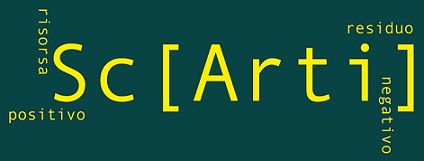Long Live the Weeds!: gli scarti vegetali nella poesia di Theodore Roethke degli anni ’30 e ’40
DOI:
https://doi.org/10.13130/2035-7680/12943Parole chiave:
Theodore Roethke; scarti vegetali; Long Live the Weeds!; poesie della serra; Lost Son Narratives; Gerard Manley HopkinsAbstract
Vegetal flotsam – undesirable or discarded and dead vegetation – holds and important position in the poetic imagery of Theodore Roethke’s production of the 1930s and ’40. In Roethke’s first two volumes (Open House and The Lost Son and Other Poems), weeds and dead plants are the protagonists of poems that are strikingly different from each other in style and content. “Long Live the Weeds” – Roethke’s “rewriting” of Gerard Manley Hopkins’ “Inversnaid” – expresses a reassuring worldview where “the ugly of the universe” is a necessary and even joyfully welcomed part of the universe’s natural order. In the “Lost Son Narratives” the faith in such idea is cyclically lost and reconquered by the conscience perceiving nature in its concreteness. In the Greenhouse Poems the interaction between the crude and simple representation of uprooted and decomposing plants, in particular poems like “Weed Puller” and “Flower Dump”, and the sequence’s portrayal of the entire vital balance of the greenhouse conveys an even more problematic and open-ended view of nature. As a thorough analysis and comparison of “Long Live the Weeds!” (first published in 1936) and sections the two aforementioned poetic sequences (published in their entirety in 1948) will show, in Roethke’s first two collections, the evolution of his modes of representation of vegetal flotsam mirrors the evolution of his conception of nature and existence.




